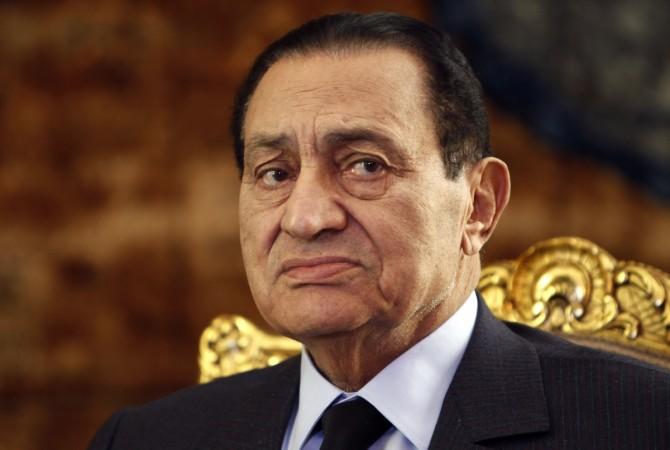
To say Egypt's political climate has been erratic in the last few years would be an understatement. From Hosni's Mubarak's secular authoritarianism, to the 2011 revolution that heralded secular liberalism, to the Muslim Brotherhood government which came to power after a democratic election, and finally the July 2013 coup led by Abdel Fattah el-Sisi which led the country back to secular authoritarianism. Politically, Egypt has experienced a myriad of changes.
Mubarak's release from charges of corruption and of murder, Vox says is symbolically and literally a result of the African country's return to military dictatorship. The 2011 revolution that ousted Mubarak was quite popular among the public, as his regime was notoriously corrupt and the security forces did kill hundreds of protestors.
Politics is what drove the case against Mubarak from the beginning and it is exactly what set him free as well, says Max Fisher in "Why Egypt just freed former dictator Hosni Mubarak".
Sisi, the military dictator whose regime looks very similar to that of Mubarak's, is not openly pro-Mubarak, however, the state media openly condemns the 2011 revolutionary leaders and the Muslim Brotherhood that came to power in 2012. Sisi glorifies himself as the true successor of the two beloved military leaders Gamal Abdel Nasser and Anwar El Sadat; but so did Mubarak.
Mubarak's release also signifies the shift in public opinion, as people have started warming up to the idea of a military-style dictatorship exercised by Mubarak. The public response regarding his release has been mostly muted, and while thousands protested to depose Mubarak in 2011, only a few hundred were present when he was let off.
The Egyptian people are tired of the changing gear in politics; years of revolutions and protests have ultimately not paid off, and the economy is in tatters.

















